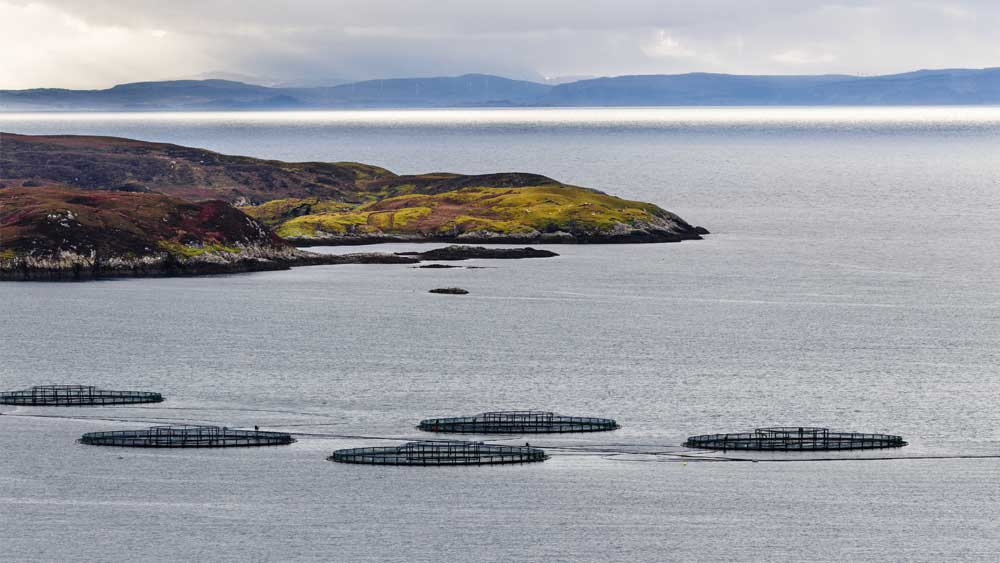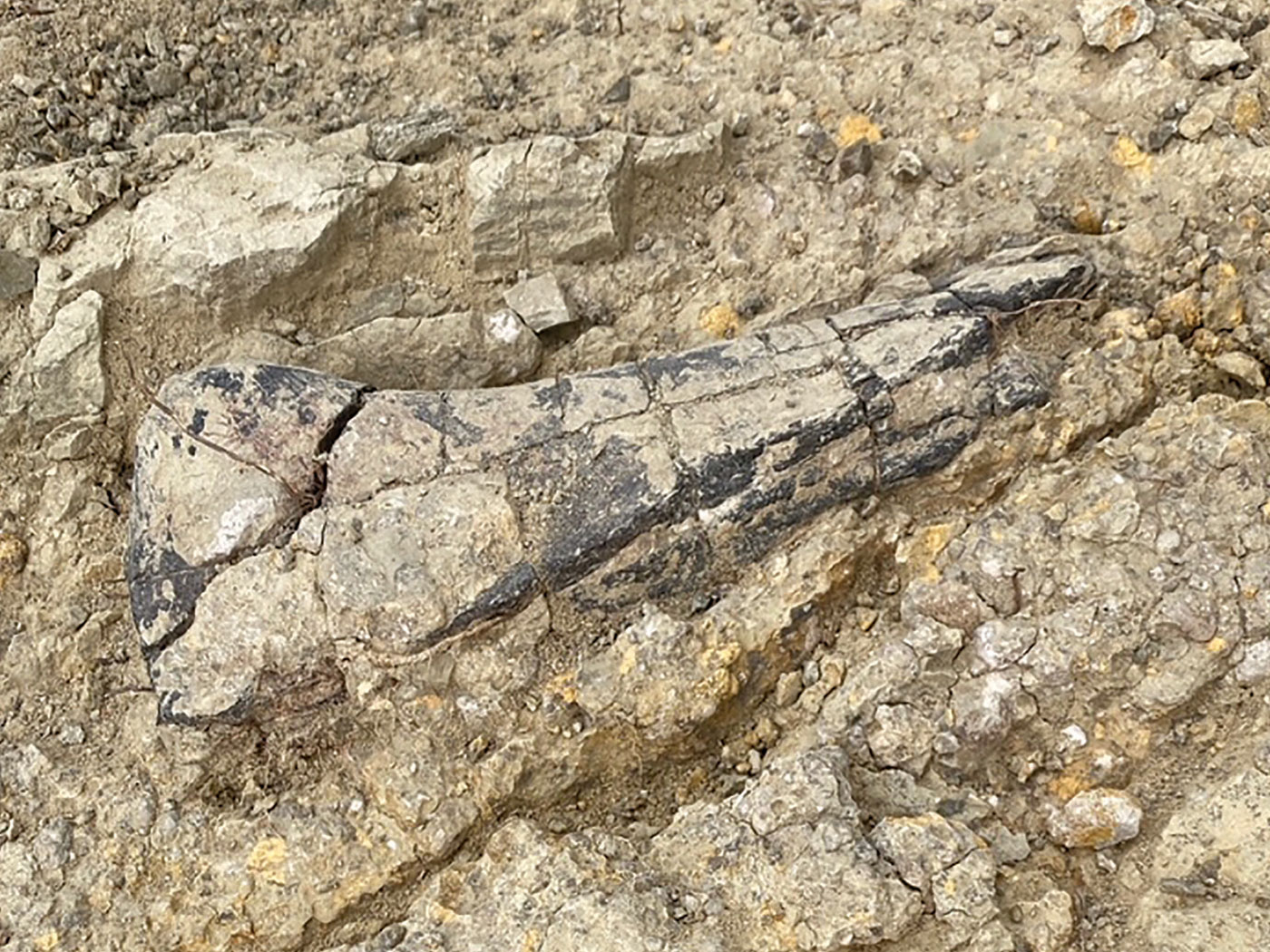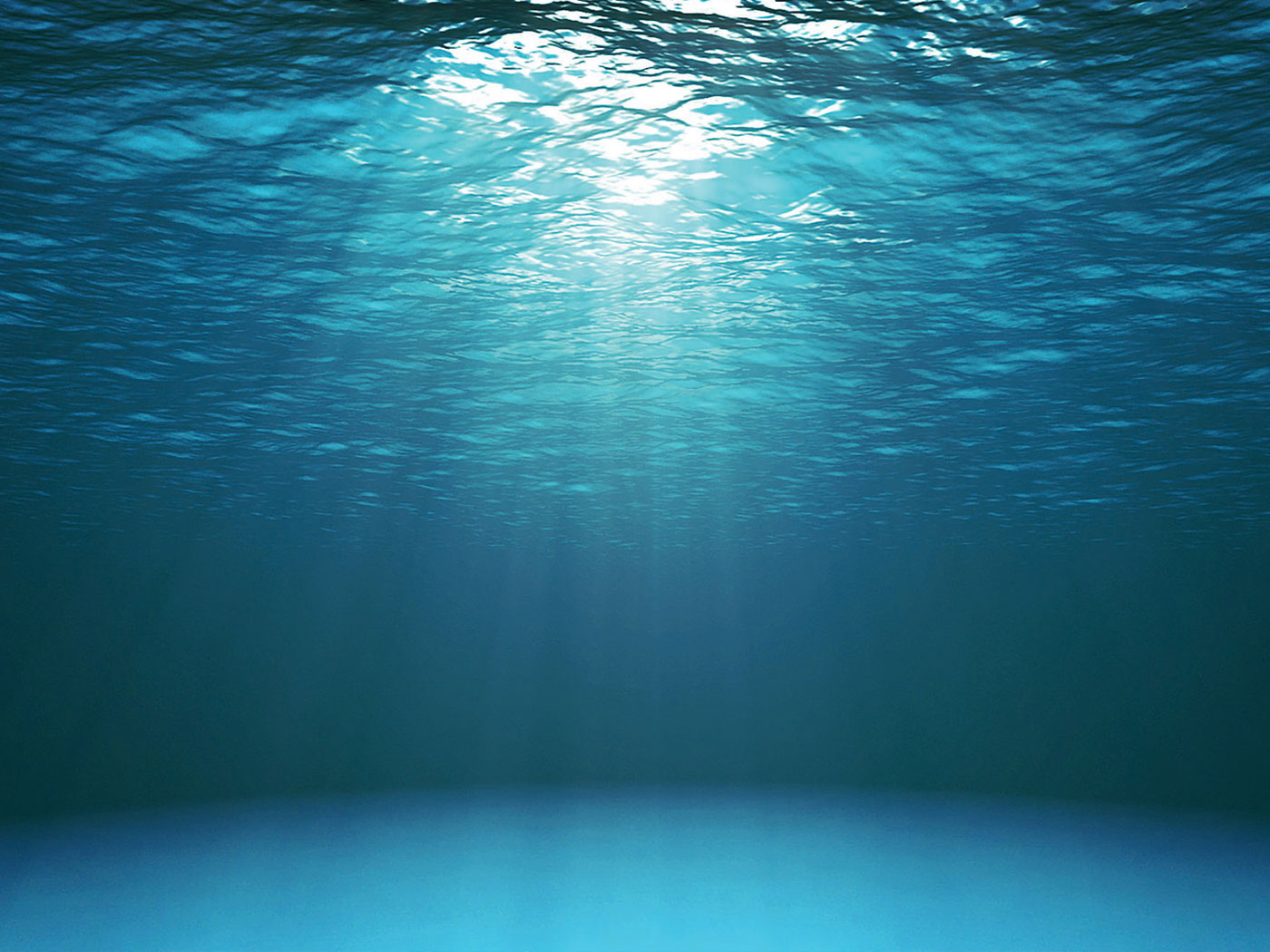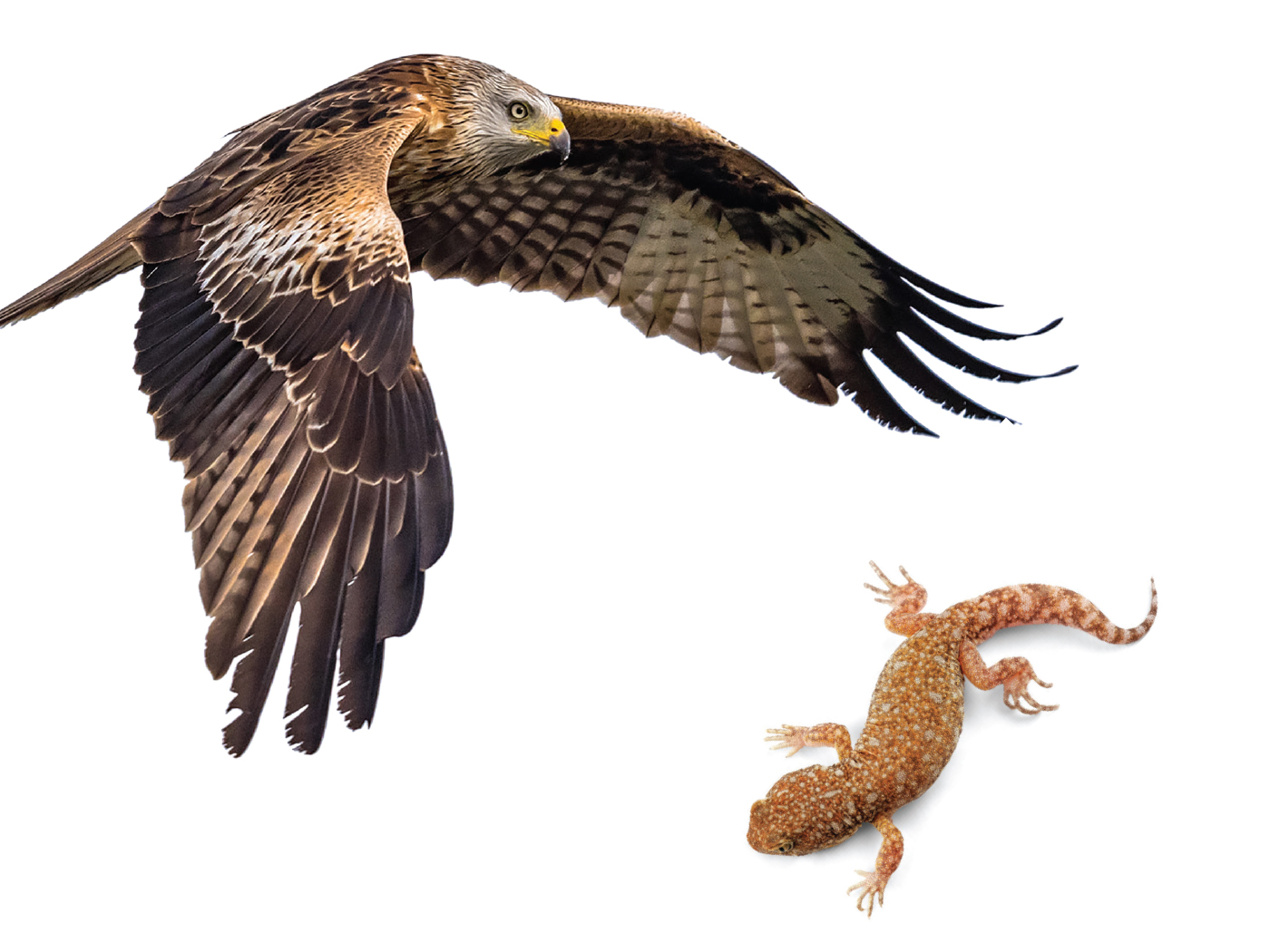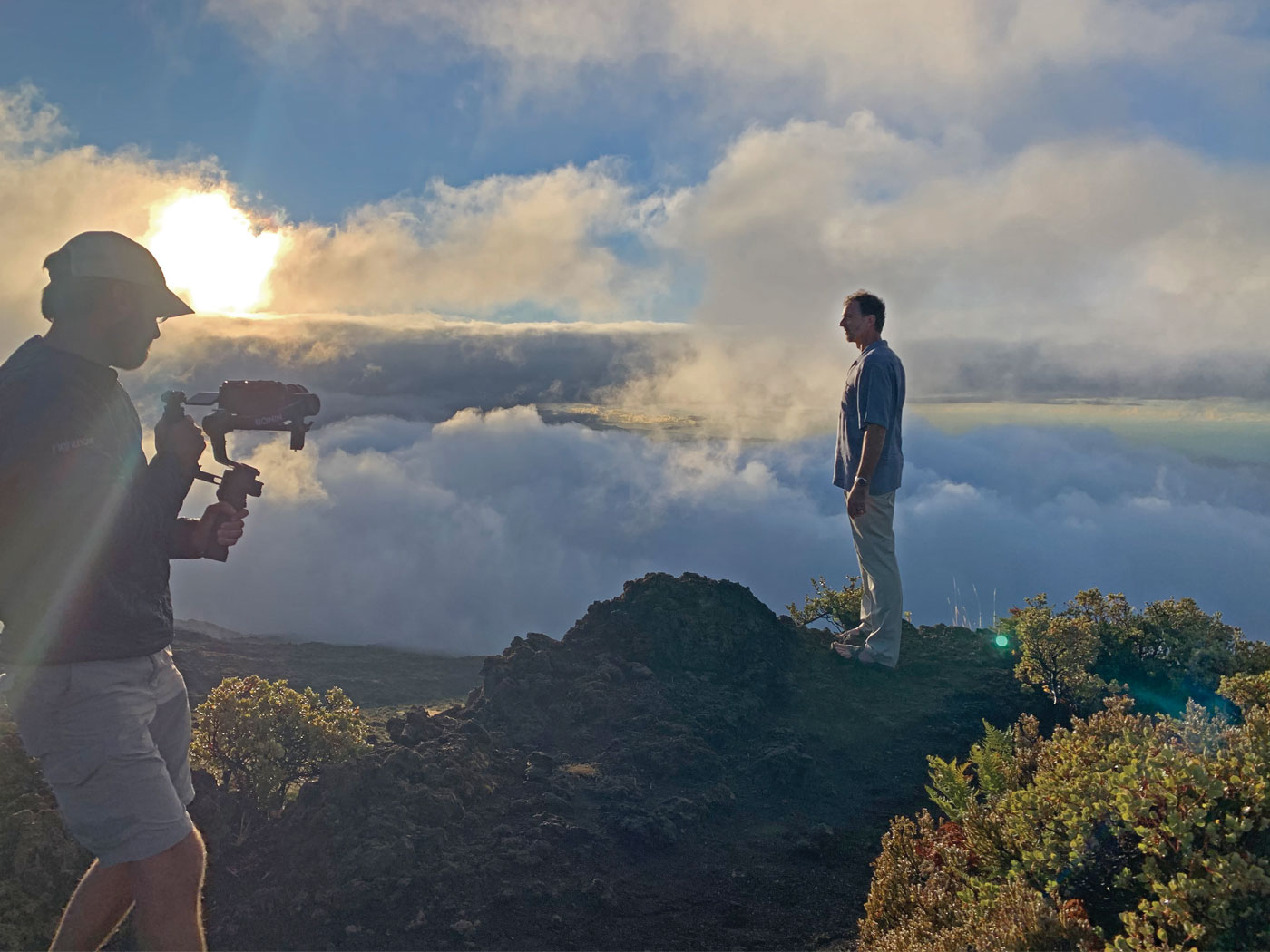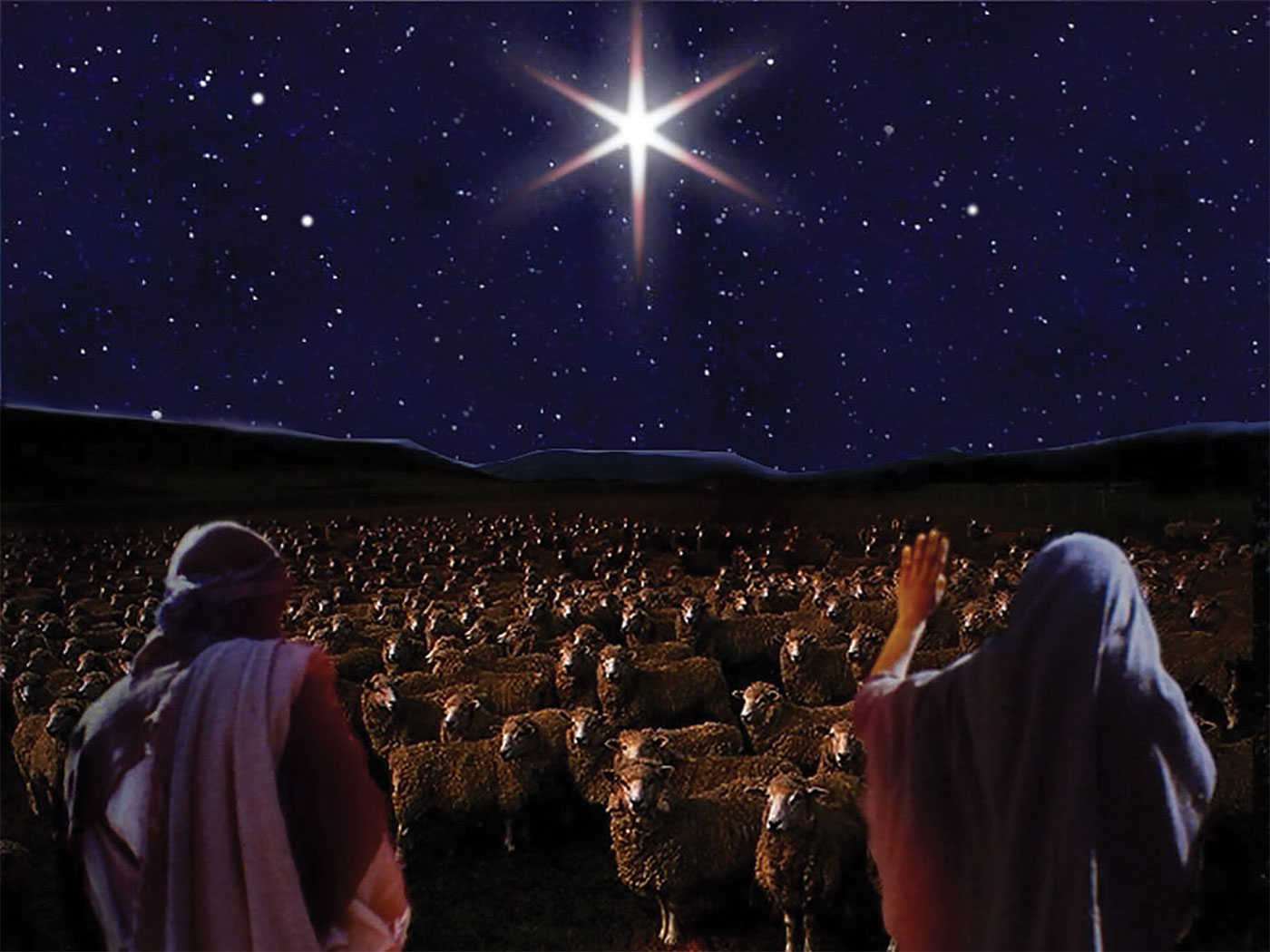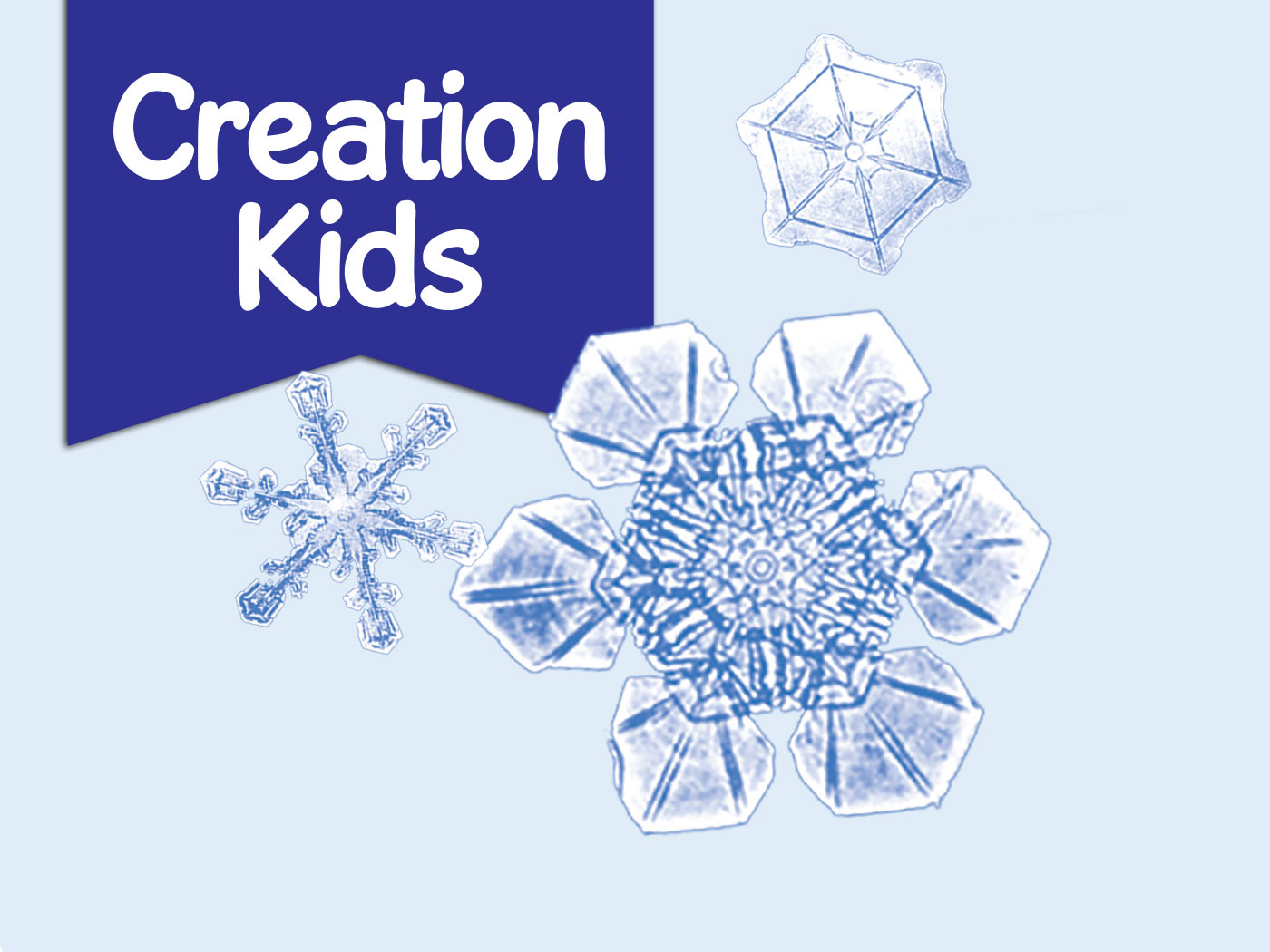Fergus Ewing is a Member of the Scottish Parliament, serving as Cabinet Secretary for the Rural Economy and Tourism. Days ago, he publicly thanked the Scottish aquaculture (“fish farming”) industry for their helpful efforts to keep people eating nutritious fare from the sea.2,3
The Scottish official’s letter recognized the value of the seafood industry’s aquaculture sector, recognizing its many moving parts and vital logistics:
Then the cautionary exhortation followed, reminding the aquaculture workers that great care will be needed in the future, as we all adjust to new realities and new requirements.
I hope this reassures that I and the Scottish Government recognises that you are doing an extremely important job and we will do what we can to support you to continue playing your key role in the supply of food in the weeks and months ahead. …
[Meanwhile] all businesses and employers [must] change their practices where needed to adhere to the social distancing guidance to keep everyone working in aquaculture safe, to help protect lives, protect the NHS [National Health Service] and stop the spread of the [new] virus.3
It’s nice to see an official giving credit where credit is due to those who work in jobs that are often unnoticed and unthanked. But sometimes the compliment is mixed with an admonition to maintain heroic diligence, avoid getting careless, and the need for extraordinary prudence in the future.2
Like farming on land, fish-farming is no easy business—and it doesn’t look like it will get any easier in the weeks and months to come.4
Come to think of it, neither is it easy being “fishers of men.”5
References
1. Fish-farming, using managed coast water net-pens is one aquaculture method useful in fulfilling the Genesis Mandate. See Johnson, J. J. S. 2013. Fulfilling the Genesis Mandate while Helping the Poor. Acts & Facts. 42(12):19.
2. Staff Writer. Tribute Paid to Scotland’s ‘Million Meal’ Aquaculture Sector. The Fish Site. Posted on thefishsite.com April 9, 2020, accessed April 15, 2020.
3. Ewing, F. COVID-19—Letter of Support for the Scottish Aquaculture Industry. Marine Scotland Communications. Posted on blogs.gov.scot April 8, 2020, accessed April 11, 2020.
4. Aquaculture operations, which float on the surface of coastal seawaters, are especially risky places to work at night, so Norwegian net-pen workplaces have installed artificial lighting to mitigate the dangers of worker accidents that could result in on-the-job injuries or death by drowning. Johnson, J. J. S. 2015. The Moon Rules. Acts & Facts. 44(9):21, footnote #5 (Norwegian fish-farming illustration). The new normal after the coronavirus response is abated will likely be very different from what we’re used to. For example, see Staff Writer. 2020. Bill Gates Calls for a ‘Digital Certificate’ to Identify Who Received COVID-19 Vaccine. The Vigilant Citizen. Posted on vigilantcitizen.com April 1, 2020, accessed April 15, 2020.
5. Matthew 4:19.
*Dr. Johnson is Associate Professor of Apologetics and Chief Academic Officer at the Institute for Creation Research.




